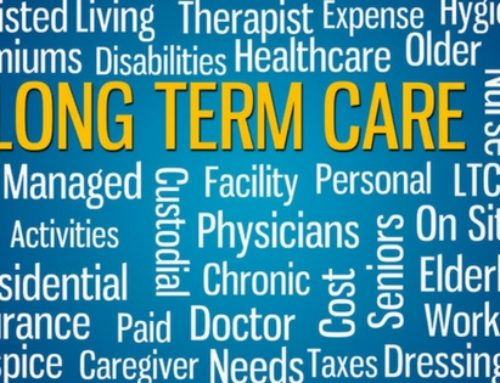If you’ve recently had a loved one enter into long term care, you might be wondering if the cost of long term care is tax deductible. This article will provide you with a summary of information about the tax treatment of long term care services. However, each individual should consult their own tax advisor before making decisions regarding the tax deductibiltiy of assisted living. Alzheimer’s and skilled nursing care expenses.
The cost of “qualified long term care” is a deductible medical expense. Since assisted living can be long term, this deduction may apply.
“Qualified long term care” services are necessary diagnostic, preventive, therapeutic, curing, treating, mitigating and rehabilitative services and maintenance or personal care services required by a chronically ill individual provided under a plan of care presentated by a licensed health-care practitioner.
To qualify as chronically ill, an individual must be certified by a physician or other licensed health care practitioner (e.g. nurse, social worker, et.c) as unable to perform without substantial assistance at least two activities of daily living for at least 90 days due to a loss of functional capacity or as requiring substancial supervision for protection due to severe cognitive impairment (memory loss, disorientation, etc) Of course. a victim of Alzheimer’s disease qualifies.
If you are paying for a parent’s bill or portion, you may also be able to deduct medical expenses. For example, a taxpayer undertaking to cover the long-term care of an elderly parent or grandparent may be able to include these costs along with his own medical expenses on his return. They may be included if the parent or grandparent is the taxpayer’s dependent. For these purposes, the test will generally be met of the taxpayer is providing over 50% of the support of the parent or grandparent (including medical costs). (The taxpayer may not be able to claim a dependency exemption if the parent or grandparent has gross income above $3,650 in 2010 or is filing a joint return, but will still be able to include the medical costs with his own.)
***** This article should not be treated as tax or legal advice. All families should consult with a tax advisor or elder care attorney with regards to their individual situation before making any care decisions based on possible tax deductibility of these long term care costs. An elder law attorney can develop a long term care plan to meet the criteria described above.






